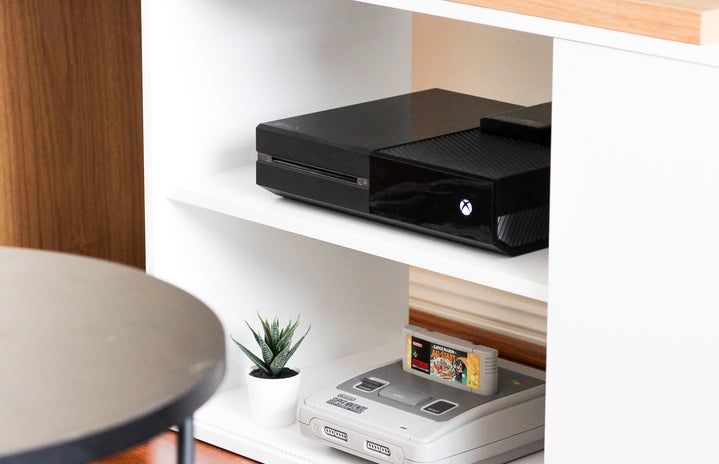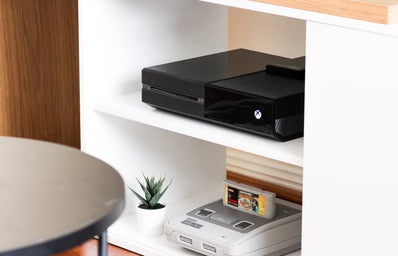As a child, I didn’t know I was different from the other kids in my predominantly white school. My friends and I played tag during recess, we ate Lunchables together during lunch, we learned the same shapes and colors from the same teacher. It wasn’t until I started getting older that I realized I was different from my fellow Americans.
As I got older, people started to ask me more questions and comments.
“Where are you from?”
“No, where are you REALLY from?”
“You’re so exotic.”
“How do you like America?”
“Your eyes are a lot bigger than other Orientals.”
“I can speak Chinese too! Ching chong ling long.”
Most of the time, I brushed them off. I’m from Nebraska and New Jersey. If you’re asking where my parents are from, it’s Taiwan. I don’t know what exotic means, but I guess I am since I look like I’m from out of the country? America is nice, I’ve lived here my whole life. Yeah, I know I have big eyes, I think they’re nice too. Ching chong ling long is not Mandarin, I can teach you some words if you want.
But as time went on, I got more and more tired of the constant nagging and rejection from American culture that I turned to Asian culture to find acceptance. I wasn’t accepted fully. I was called an ABC. An American Born Chinese. My own mother called me that. I was too Americanized for her and my friends from Taiwan to truly understand Taiwanese and Chinese culture.
I lived in an in-between, I wasn’t accepted into American culture and I wasn’t entirely accepted into Taiwanese culture either. I felt lost and alone like there was no place for me in either world.
For Chinese New Year in middle school, I wore a qipao to class. The school was putting on a recognition ceremony after lunch to recognize outstanding contributions to the Asian community and afterward my mother would be taking me to a festival to spend time with friends and family. It was my year, the year of the dragon. I would be singing and reciting poetry for the festival as well. I wore my qipao to school because I was being recognized at the ceremony for my art and didn’t have time to change beforehand and I also needed to be dressed for the festival. When I walked into class, all eyes were on me. It was uncomfortable. As I moved from class to class I felt like I was being followed. Halfway through second period, I was called into the office. My first-period teacher had reported me to the office because he considered my clothes to be inappropriate. It was too tight, he said.
I told them what it was for, what my qipao meant to me, how I wanted to wear it when I got my award and how I needed to wear it for the festival after school. I wasn’t trying to be provocative, I was even wearing pants underneath so that the side slit didn’t show any skin. They made me change, I had to wear clothes from the lost and found. I broke down and cried in the bathroom. They took my qipao from me. I felt a loss. I loved my qipao, I felt confident and beautiful, and they took that from me. No one asked why a grown man was looking at a twelve-year-old’s body sexually. Instead, they took a part of my identity away from me and said that it was inappropriate.
However, in 2018 when a Utah teen, who is not Asian, wore a qipao for her prom, it wasn’t inappropriate for them. There was a massive debate over whether or not she could wear this culturally significant dress. She had support from people from China, saying they were so glad that people in America were embracing Chinese culture. But I’m here to settle that debate over a year later. It was inappropriate for her to wear a qipao.
Something that Asians born in Asia don’t understand is that there is a struggle to being Asian in America. When I wore my qipao for a formal event and festival, I was ridiculed. People stared at me, I was sexually harassed and fetishized while she was applauded for being beautiful and an icon. Where were my fellow Asians when that happened to me? Why were they so quick to dismiss me but so quick to praise a non-Asian woman and show support for her? A qipao is not part of her culture, she did not respect Chinese culture like she claimed, as evident of the poses she and her friends did for her photos that openly mocked Asian culture, she took the qipao and donned it like a costume for a night. It was highly inappropriate and culturally insensitive.
It’s been eight years since I last wore a qipao to an event, it’s been a year since the Utah teen decided to wear my culture’s dress like a costume. I’ve had a lot of time to reflect on who I am and where I belong. The truth is, I belong wherever I want to. I am not just American, I am not just Asian, I am Asian American. I was born in Nebraska, but I spent most of my life in New Jersey and I moved to Utah for high school and stayed for college. That is where I’m REALLY from, my parents are from Taiwan. I am not exotic, I am Han Chinese, we are the largest ethnic population in the world, you’re the exotic one. I have big eyes. Period. Oriental is a word you use for things like spices and rugs, I am not a spice or a rug, neither is anyone else from Asia. Ching chong ling long is not Mandarin, you’re being racist if you say that. There is no argument for that. You’re not funny when you say that, so stop.
It’s questions and comments like these that Asians born in Asia don’t understand. Being Asian American has its own set of discrimination and humiliation that we have to suffer through. We have our own struggles, our own pain that we to face to live in America. But I am proud of that, that I have stood through a lifetime of cultural limbo and carved my place in this world and that no one can take that away from me ever again. Image sources: 1, 2, 3



